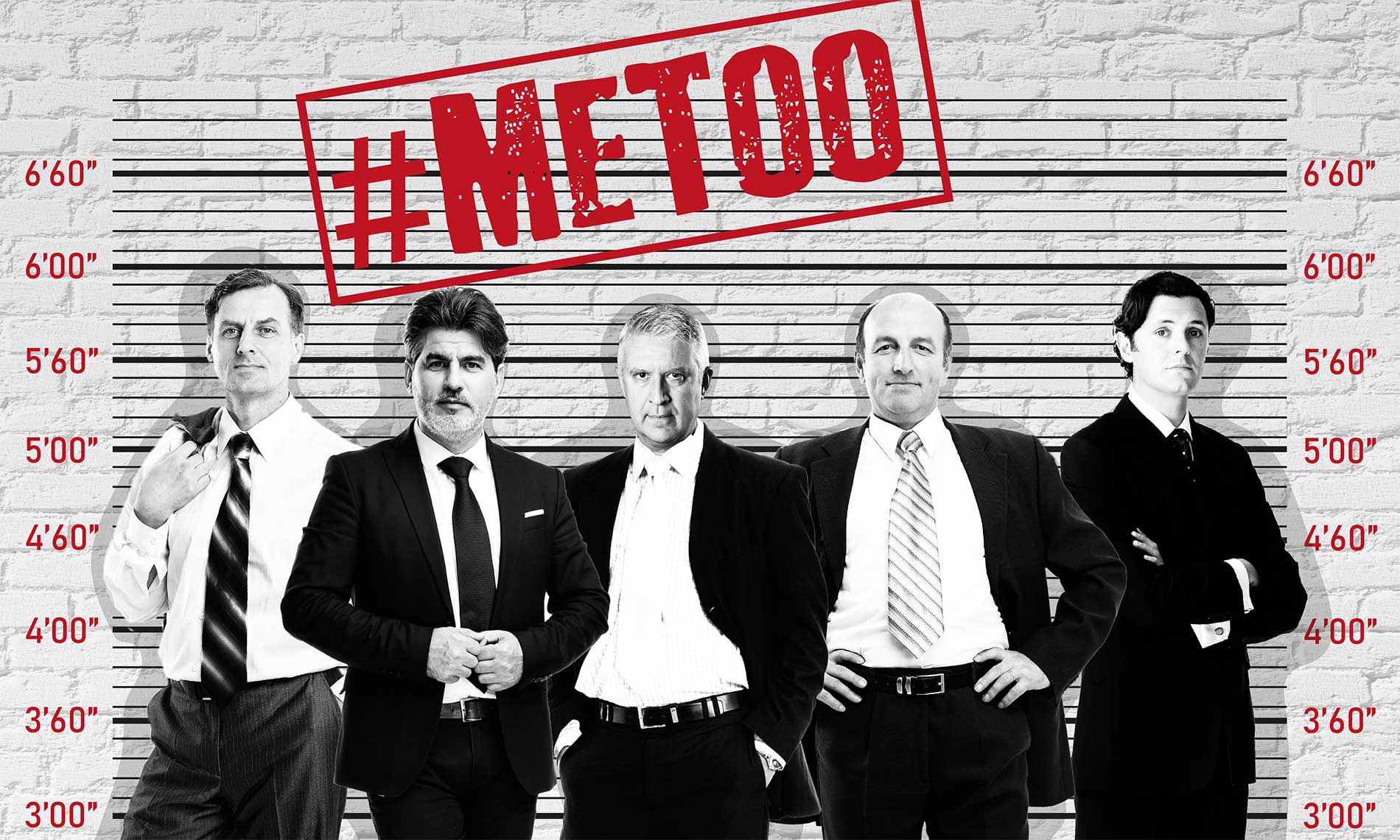Awareness of cutting edge legal tech remains limited among senior managers at law firms with a quarter unaware of most emerging technologies including artificial intelligence and machine learning, according to a report from the Law Society.
At least 25% of respondents to the Capturing Technological Innovation report were unaware of key developments such as AI, predictive analytics or natural language processing, while 75% were completely unaware of legal tech provider RAVN, and 64% had not heard of IBM Watson.









